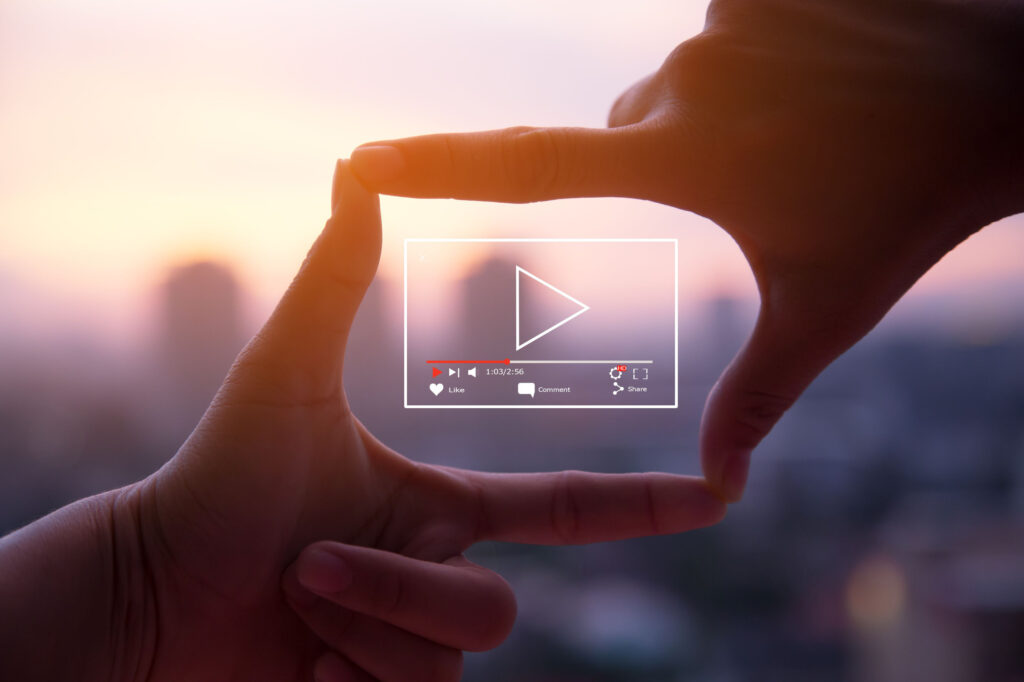What Is Ephemeral Marketing?

Ephemeral marketing is the process of using attractive visual content–usually images or videos–for only a short period of time such as a few days or hours; afterwards, it is deleted from the net, presumably never to be seen again. Primarily employed through social media, ephemeral marketing engages audiences by tapping into emotional triggers, such as FOMO (Fear of Missing Out) and the desire to be a part of something interesting or important.
Which platforms are used for ephemeral marketing?
Ephemeral marketing is typically engaging to the youth. This isn’t a surprise as a report from Pew Research Center shows that YouTube, Instagram, and Snapchat are the most popular online platforms among teens. Data from their research also shows that 95 percent of teens have access to smartphones, and 45 percent claim to be online “almost constantly.” Platforms that are popular among young people are the same ones that birthed this new content strategy of using short-lived content.
- Facebook – through Facebook Stories, videos and pictures are available for only 24 hours, but can be easily accessed at the top users’ news feeds. Content cannot be accessed through users’ timelines after the content disappears.
- Instagram – also uses Stories with a similar concept, but with features available on the Instagram platform
- Snapchat – this chat app initiated the concept of temporarily available content; the ephemeral concept is also applied to one-on-one communication via app. Brands can now use Snapchat Ads to post their own featured ephemeral content.
Why ephemeral marketing works for brands
- Authenticity – Marketing experts have seen how the new generation of buyers has gradually lost trust of the brands and marketing in general. With more information available for consumers to find exactly what they need, they no longer need advertising to lure them into purchasing a product. AdAge quotes entrepreneur Tina Sharkey of Brandless, “We decided to redefine what it meant to be a brand—it’s not about the false narrative of Madison Avenue and ‘Mad Men,’ these fictitious back stories. In Selfie Nation, the brand narrative is the story you want to tell.” Millenials and informed buyers are looking for real information and testimonies, which is why positive reviews are becoming a lot more critical for many businesses. Using ephemeral content gives companies an opportunity to tell an authentic story, especially through live videos or product features.
- User engagement – Ephemeral marketing involves consumers in new ways because it requires users to be more present on company pages or profiles. Consumers who are constantly online are exposed to various types of information, and making users desire your content is a critical and powerful marketing tool. Attractive, high-value content also makes it more possible to increase followers and strengthen the likelihood of users coming back for more.
- Visibility – Because of regular updates and more rapidly changing content, there is always something “new” to feature. This allows companies to consistently grab consumers’ attention and share the experience of the brand or product. Effective ephemeral content is loud and rich–worthy of being consumed for only a short period of time. Done the right way, ephemeral marketing can make brands more visible.
- Easy production – Content production is much easier to manage in ephemeral marketing efforts. Because of the “instant” and authentic nature of content, pictures and videos taken at the opportune moment can be used as raw content that is featured on social media platforms. This makes content creation much more efficient and less costly.
While ephemeral marketing has numerous benefits and is appropriate for this day and age, not all companies may be fit for this form of marketing. It requires commitment and a clear, long-term strategy. Because of format, key factors in the success of ephemeral marketing are execution and the ability of companies to generate content that is not easily forgotten: high-quality, engaging content and consistent, daily updates.